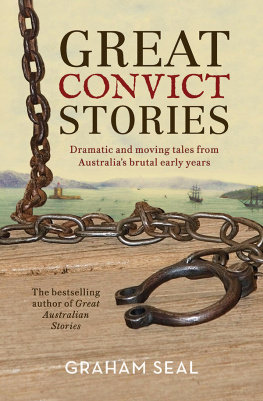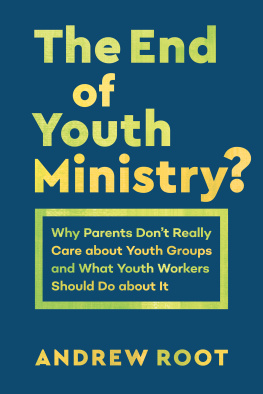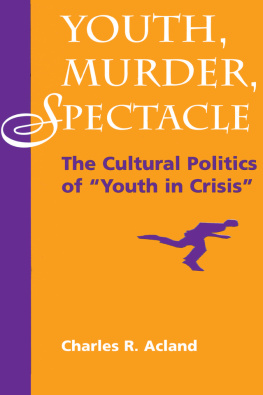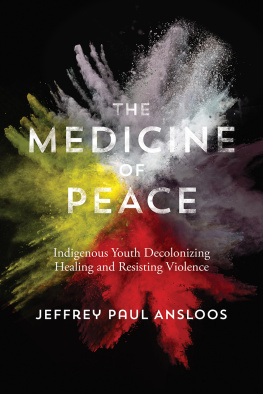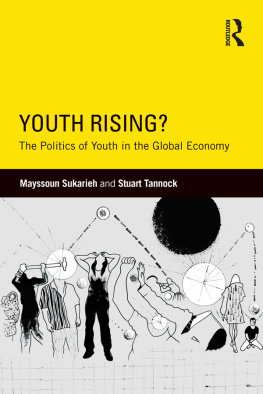RESPONDING TO YOUTH VIOLENCE THROUGH YOUTH WORK
Mike Seal and Pete Harris
First published in Great Britain in 2016 by
Policy Press University of Bristol 1-9 Old Park Hill Bristol BS2 8BB UK Tel +44 (0)117 954 5940 e-mail
North American office: Policy Press c/o The University of Chicago Press 1427 East 60th Street Chicago, IL 60637, USA t: +1 773 702 7700 f: +1 773-702-9756 e:
Policy Press 2016
British Library Cataloguing in Publication Data
A catalogue record for this book is available from the British Library
Library of Congress Cataloging-in-Publication Data
A catalog record for this book has been requested
ISBN 978-1-4473-2310-5 paperback
ISBN 978-1-4473-2309-9 hardback
ISBN 978-1-4473-2313-6 ePub
ISBN 978-1-4473-2314-3 Mobi
The right of Mike Seal and Pete Harris to be identified as authors of this work has been asserted by them in accordance with the Copyright, Designs and Patents Act 1988.
All rights reserved: no part of this publication may be reproduced, stored in a retrieval system, or transmitted in any form or by any means, electronic, mechanical, photocopying, recording, or otherwise without the prior permission of Policy Press.
The statements and opinions contained within this publication are solely those of the author and not of the University of Bristol or Policy Press. The University of Bristol and Policy Press disclaim responsibility for any injury to persons or property resulting from any material published in this publication.
Policy Press works to counter discrimination on grounds of gender, race, disability, age and sexuality.
Cover design by Andrew Corbett
Front cover image: Gregory Olsen / iStock
Readers Guide
This book has been optimised for PDA.
Tables may have been presented to accommodate this devices limitations.
Image presentation is limited by this devices limitations.
Acknowledgements
This book is a product of collaboration with our peer researchers, Saboor Ali and Richard Campbell. It reflects their insights as well as our own, and the data was gathered mainly as a result of their ability to build relationships with young people and conduct interviews often in very challenging circumstances. We would like to thank them for all their efforts over two years and for sharing their personal journeys with us.
The youth workers and managers from all the project partners are too many to mention here but they have all become trusted friends and colleagues. Special thanks though go to Frank Paffendorf, Helmut Steinkellner, Christine Kyriacou and Haqueeq Siddique for their leadership. Their commitment throughout the process was integral to the projects success.
Thanks also to our friend and colleague Graeme Tiffany, without whom the project partners would never have reached our attention and whose philosophical perspective and research/youth work skills enriched the whole project. As well as his own written material his input to the editing process in the early stages, along with Tamsin Constable, was considerable, and we feel greatly improved the final product.
Thanks also to Andy Turvey for agreeing that we could butcher and then include his action research project. The advice and support of the Touch steering group (Judith Aldridge, Deborah Jump, Simon Bradford, Diane Willems, John Pitts, Mick Hurley and Michael Whelan) was helpful throughout and much appreciated. The film company (Chocolate Films) somehow managed to capture the story of the research and of youth work, despite highly challenging working conditions and we are grateful for their patience and perseverance. Finally, a big thank you to all the young people who through their participation helped make the project such a success.
Pete would like to thank Christine, Finley, Anthony and Alisha for putting up with a grumpy husband/dad when things werent going well and Mike would like to thank Pete for making him write properly.
Foreword
With tens of thousands of migrants and refugees on the move throughout Europe, many of them children and adolescents, there has never been a better time to publish a book that considers how we can make and sustain contact with troubled and sometimes troublesome young people on the streets of our European cities; and how we can engage them in a crucial conversation about the kind of adults they want to become and the kind of world they want to bring into being. This book is one of the very few that has attempted to think seriously about how youth work, or informal education, can be used to enable young people who hover apprehensively on the margins of our societies to become active, reflective, citizens, confident in their emerging identities and ready to play their part in making the world a better place.
While this book is ostensibly about young people and violence, it is centrally about how young lives can be transformed by the intervention of appreciative adults, the parameters of whose involvement grows out of their dialogue with these young people, individually and in their peer groups. It is at least ironic that although there has seldom been a time when workers with the skills and knowledge articulated in this book were needed more urgently, funding for such work is being systematically axed. One of the rationales for the cuts is that youth works flimsy evidence base does not justify its continued support. And yet this is the other reason this book is so important; because the work reported here has been meticulously studied by an international team of researchers who demonstrate clearly that this way of working is effective, for both the young people and the communities in which they live. It is my hope that this book will serve to remind those policy makers and service providers charged with dealing with our most disadvantaged, sometimes troublesome, young people that there is an evidence-based mode of social intervention out there that can make a significant difference to the lives of the young people who most perplex them.
Professor John Pitts, University of Bedfordshire, June 2016
Introduction
The problem of youth violence, and what could be effective responses to it, continues to occupy the minds of policymakers and other stakeholders. In this book we wish to approach the topic in a way that treats it as real, knowable, and of concern to society. We aim to provide a distinctive addition to what has become a protracted debate over youth violence and whether it is a growing problem at all. This debate, in our view, risks appearing irrelevant to the people who live and work in neighbourhoods affected by youth violence. Hence, this book and the two-year research project it describes, is based on the premise that while the phenomenon of youth violence needs to be continually and critically analysed, significant numbers of young people continue to be drawn into violence as perpetrators, witnesses or victims, with damaging consequences for young people and the communities in which they live.
We also have a sense, partly as a result of our own experiences as youth workers and now as pedagogues in the field, that youth workers could occupy a prime position in terms of their ability to understand and prevent youth violence. However, there are many complex issues around the use of youth work as a response to violence that we felt warranted further investigation through research at grass-roots level. Social policy, funding, managerial and evaluation regimes may be acting as inhibitors of innovative youth work practice and many of the youth workers whose work involves responding to violence report being poorly funded, coordinated, trained and evaluated. Inter-agency collaboration presents real challenges (Harris, 2005; Tiffany, 2007).



